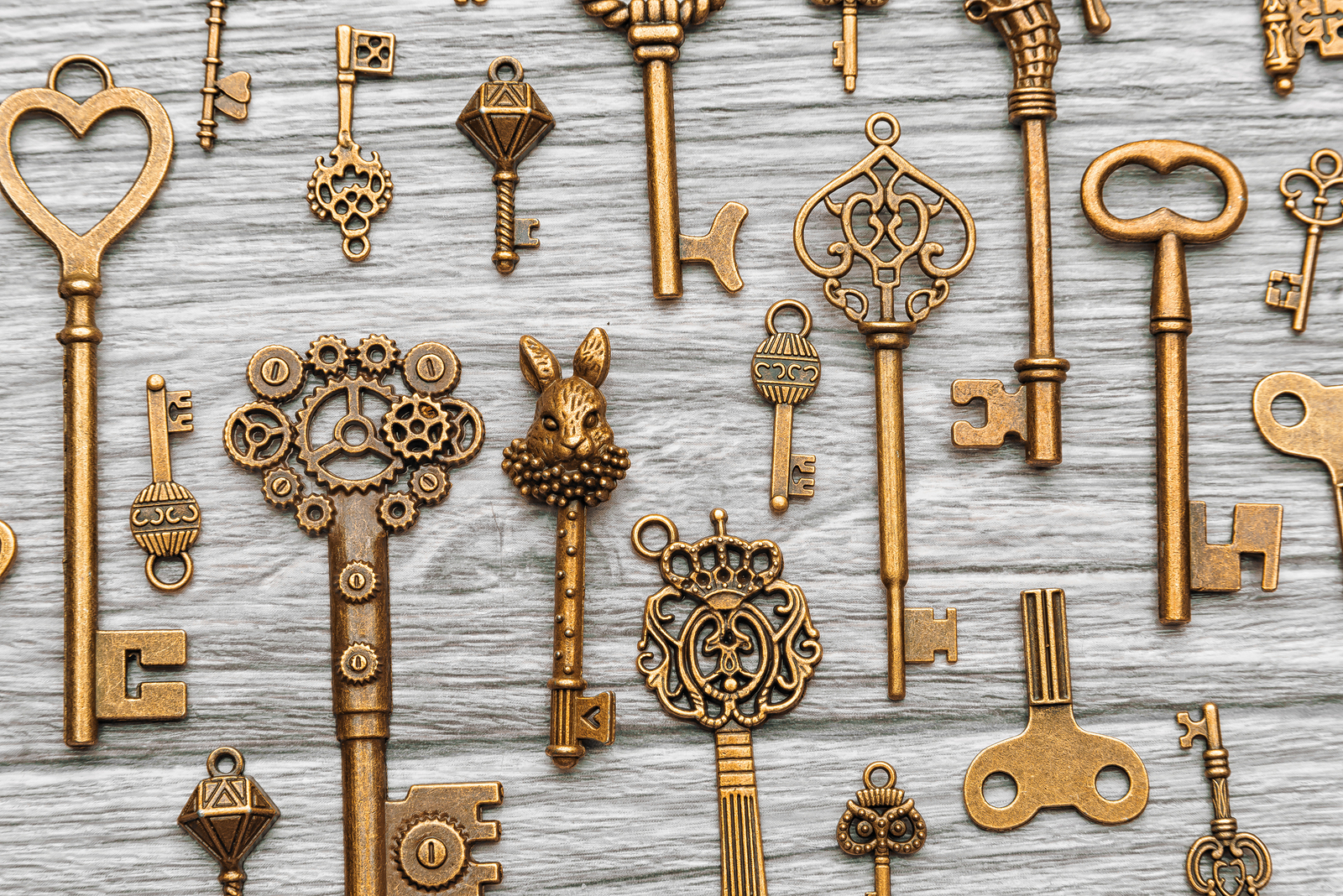
The small man
Builds cages for everyone
He
Knows.
While the sage,
Who has to duck his head
When the moon is low,
Keeps dropping keys all night long
For the
Beautiful
Rowdy
Prisoners.
Are you a builder of cages or a dropper of keys? I often think of this poem by Hafiz (the great Sufi poet) when describing how I see my role as a therapist, or my more aspirational role as a human being. We have all encountered the “small man” at different points in our lives. One way to deal with fear, insecurity and pain is to exert power over others, hold them back or push them down. Or as Brené Brown said, “It is easier to cause pain than to feel pain.” False empowerment is gained from this behavior and there is temporary relief from vulnerability. The problem is that the fear, insecurity and pain of the “small man” are not truly addressed and now other people are hurt as a consequence of those actions.
When I work with survivors of intimate partner abuse, I explain that abusive behavior is an act of manipulation on the part of a “small man”. An illusion of strength is portrayed when another is made to feel powerless. On a subtle level, we can build cages for the people around us through consistent criticism, judgment or other attempts to control and protect. Can we allow the people we love to be their biggest, fullest selves even if we simultaneously run the risk of confronting our own fears of loss, rejection and unworthiness?
As a therapist, I often see my job as a form of “dropping keys”. Perhaps the toughest cages are the ones we build for ourselves. The cage is constructed from multiple narratives about who we are or what we can and can’t do in life. The foundation for the cage is often laid early in life but then gets reinforced by our limiting beliefs and maladaptive information processing. Or as Gabor Maté says, “First the world creates our minds and then our minds create our worldview.” Once we unlock our own cages and stand tall, we can help others do the same.
